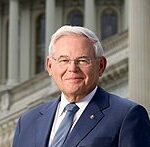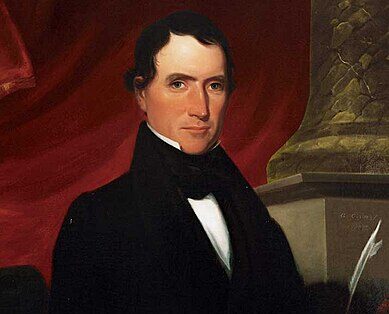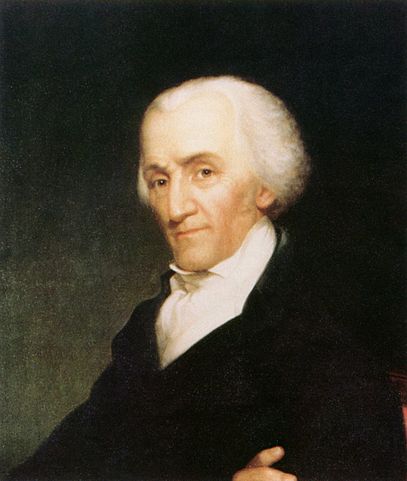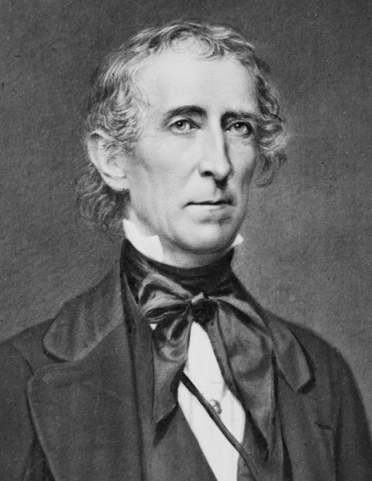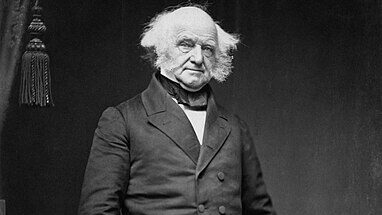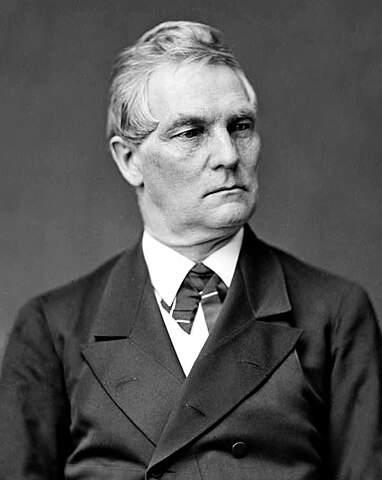 Jimmy Carter, the 39th President of the United States, served from January 20, 1977, to January 20, 1981. A Democrat from Georgia, Carter was known for his emphasis on human rights, environmental conservation, and a foreign policy that sought peace and diplomacy. His presidency faced significant challenges, including economic struggles and the Iran hostage crisis, but his post-presidential years earned him recognition as a global humanitarian and peacemaker.
Jimmy Carter, the 39th President of the United States, served from January 20, 1977, to January 20, 1981. A Democrat from Georgia, Carter was known for his emphasis on human rights, environmental conservation, and a foreign policy that sought peace and diplomacy. His presidency faced significant challenges, including economic struggles and the Iran hostage crisis, but his post-presidential years earned him recognition as a global humanitarian and peacemaker.
Early Life
James Earl Carter Jr. was born on October 1, 1924, in Plains, Georgia. Raised in a small farming community, Carter developed a strong work ethic and a commitment to service from an early age. He attended the United States Naval Academy, graduating in 1946. Carter served as a naval officer, working on submarine technology before returning to Plains to manage his family’s peanut farm following his father’s death.
Political Career
Carter began his political career in the Georgia State Senate in 1963. He served two terms before being elected Governor of Georgia in 1970. As governor, he promoted desegregation and reorganized the state government to improve efficiency. His progressive stance on civil rights set him apart in a region still grappling with the legacy of segregation.
The Carter Presidency
Domestic Policy
Carter inherited an economy burdened by inflation, high unemployment, and energy shortages. He prioritized energy conservation, creating the Department of Energy and promoting alternative energy sources. However, his administration struggled to address stagflation effectively, leading to public dissatisfaction.
Carter also focused on environmental policies, signing legislation to protect over 100 million acres of Alaskan wilderness and strengthening environmental regulations. He advocated for government transparency and efficiency but often faced resistance from Congress.
Foreign Policy
Carter’s foreign policy centered on human rights, a departure from Cold War realpolitik. He emphasized ethical diplomacy, pushing for democratic reforms in authoritarian regimes. Notable achievements included:
- The Camp David Accords (1978): A historic peace agreement between Egypt and Israel, facilitated by Carter.
- The Panama Canal Treaties (1977): Agreements to transfer control of the Panama Canal to Panama by 1999.
- Normalization of relations with China: Formal diplomatic relations were established in 1979.
However, Carter’s presidency was overshadowed by the Iran hostage crisis, where 52 American diplomats and citizens were held hostage in Tehran for 444 days. The crisis, combined with the Soviet invasion of Afghanistan, strained U.S. foreign policy and contributed to Carter’s electoral defeat in 1980.
Legacy
Although Carter’s presidency faced criticism, his post-presidential career transformed his reputation. He founded the Carter Center in 1982, focusing on conflict resolution, democracy promotion, and disease eradication. Carter’s efforts in global health and human rights earned him the Nobel Peace Prize in 2002.
Carter also became an advocate for affordable housing, partnering with Habitat for Humanity. He authored numerous books, sharing insights on faith, politics, and peacebuilding. His dedication to humanitarian causes and his moral integrity have made him a revered elder statesman.
Conclusion
Jimmy Carter’s presidency reflected a commitment to principle and ethical leadership, even amid significant challenges. While his time in office faced mixed reviews, his enduring contributions to humanitarian work and global peace underscore his lasting impact on the world stage.

